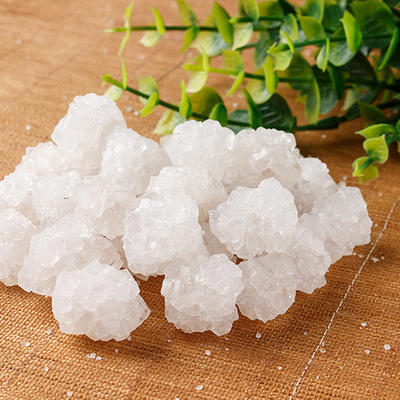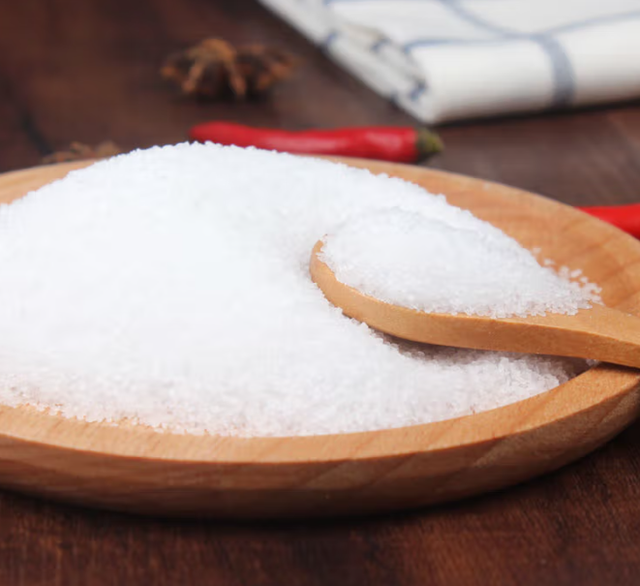In today's society, as people's understanding of healthy diet continues to deepen, the choice of salt has become more and more particular. Various types of salt have appeared on the market, among which solar salt and ordinary salt have attracted much attention. However, many people are still confused about the difference between these two salts. This article will unveil the mystery between solar salt and ordinary salt, giving you a deeper understanding of these two salts.

First, let’s understand how solar salt is produced. Solar salt, as the name suggests, is a natural way to obtain salt by using solar energy to evaporate seawater. This process is not only environmentally friendly, but also retains more minerals and trace elements. No chemical additives are used in the production process of solar salt, keeping the salt pure and natural.
In comparison, the production process of ordinary salt is more complicated. Most common salt is obtained by adding chemicals to seawater to promote evaporation, or by mining rock salt mines. These methods often result in salts containing a certain amount of chemical additives, and many of the beneficial minerals in the salt are removed during the refining process.
From the perspective of nutritional value, solar salt can retain more natural minerals and trace elements, such as magnesium, potassium, calcium, etc., due to the natural nature of its production process. These elements are very beneficial to human health. Regular salt, on the other hand, has relatively low levels of these beneficial elements due to the chemical processing during its production.
In addition, in terms of taste, solar salt has a mellower taste because it is rich in minerals and can add more flavor to food. Ordinary salt, on the other hand, lacks these minerals and has a relatively single taste.
In terms of environmental protection, the production process of solar salt is more environmentally friendly. The use of solar energy to evaporate seawater not only reduces the consumption of fossil energy, but also reduces environmental pollution. In contrast, the production process of regular salt may produce some by-products that are harmful to the environment.

To sum up, there are obvious differences between solar salt and ordinary salt in terms of production methods, nutritional value, taste and environmental protection. As people pay more attention to health and environmental protection, solar salt is gradually becoming the choice of more families. In the future, with the advancement of technology and the reduction of production costs, solar salt is expected to be more widely used around the world and make greater contributions to human health and sustainable development.